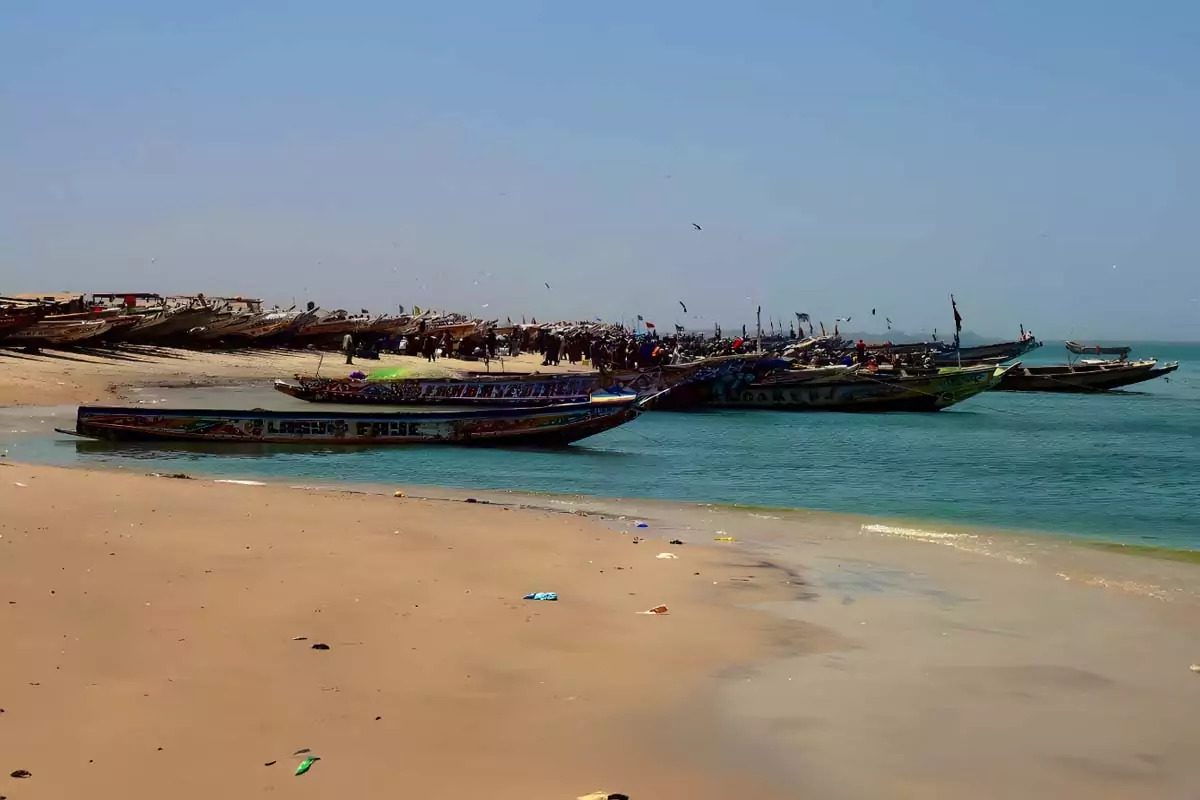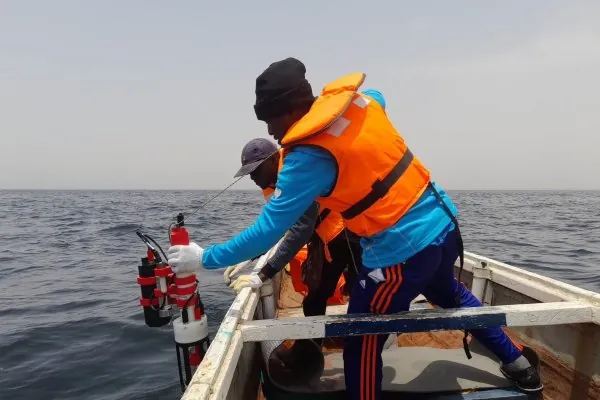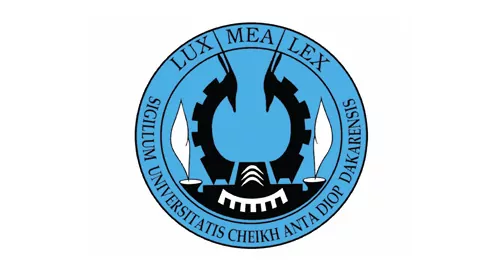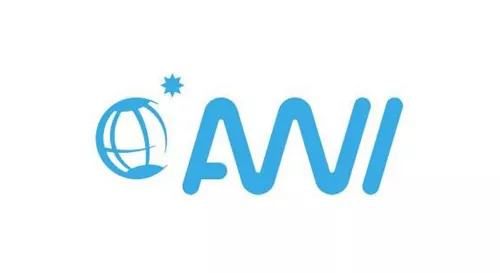While human marine activities mainly occur along coasts, much of the coastal ocean lacks regular observation. Particularly in West Africa, there is a scarcity of data due to the expense, complexity, and technical skills required to deploy marine observation equipment. However, these countries are expected to contribute to Sustainable Development Goals, such as those related to marine biodiversity and climate. Without access to data, there will be insufficient knowledge to take action. To address these gaps along the Senegalese coast, PULSE increased the access to user-friendly data of the coastal area. To make local data in the region accessible and useable, Pulse initiated a collaboration with the Senegalese government. The project introduced a concept for deploying low-cost sensors in regional communities and collaborated with regional and international experts to develop maintenance procedures. The aim was to improve the quality of life in these communities by helping to predict fishing activity and improving the availability of observational data to decision-makers and scientists. The project facilitated data-driven coastal management for current and future projects, particularly in terms of climate mitigation and adaptation.




